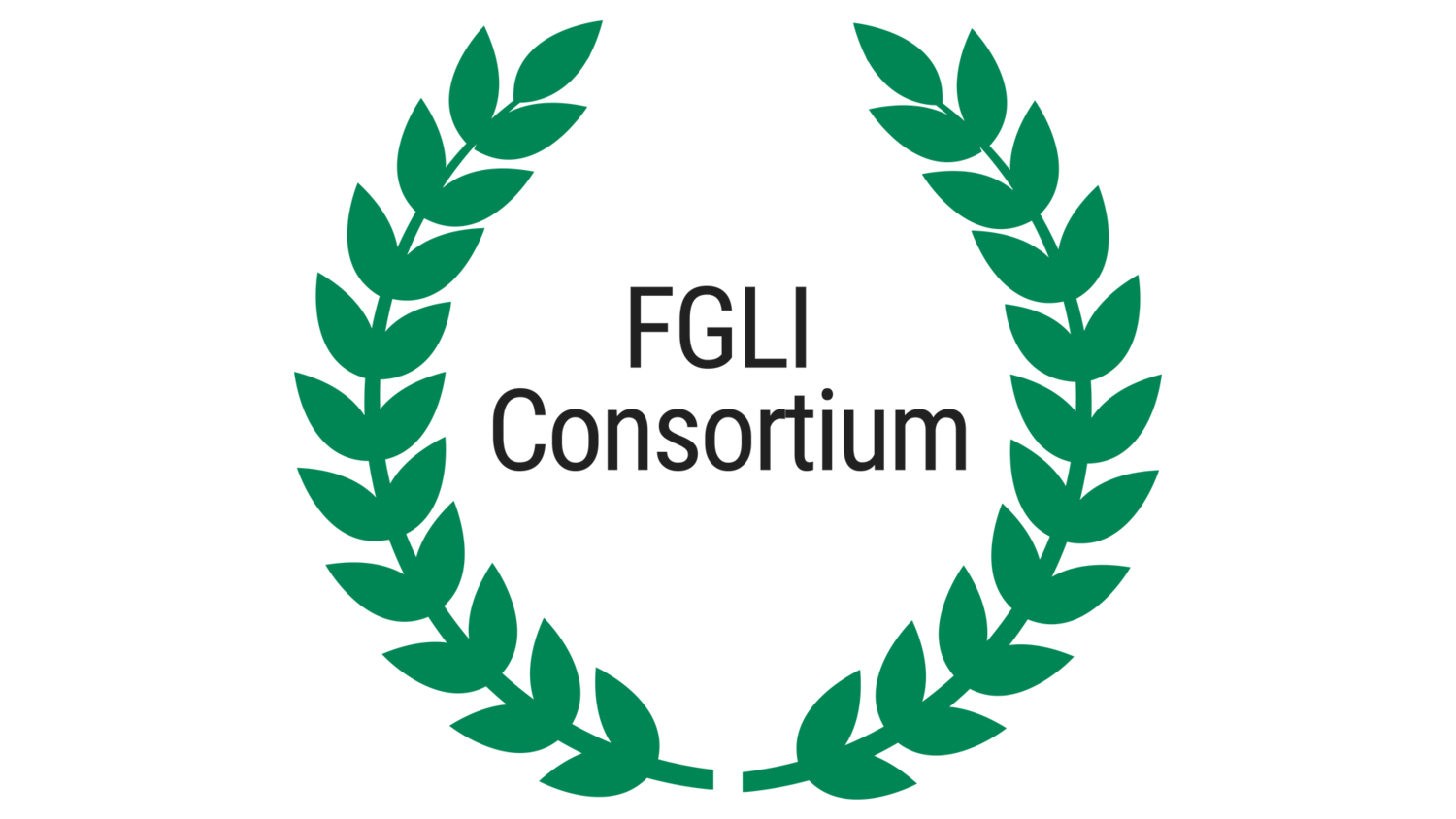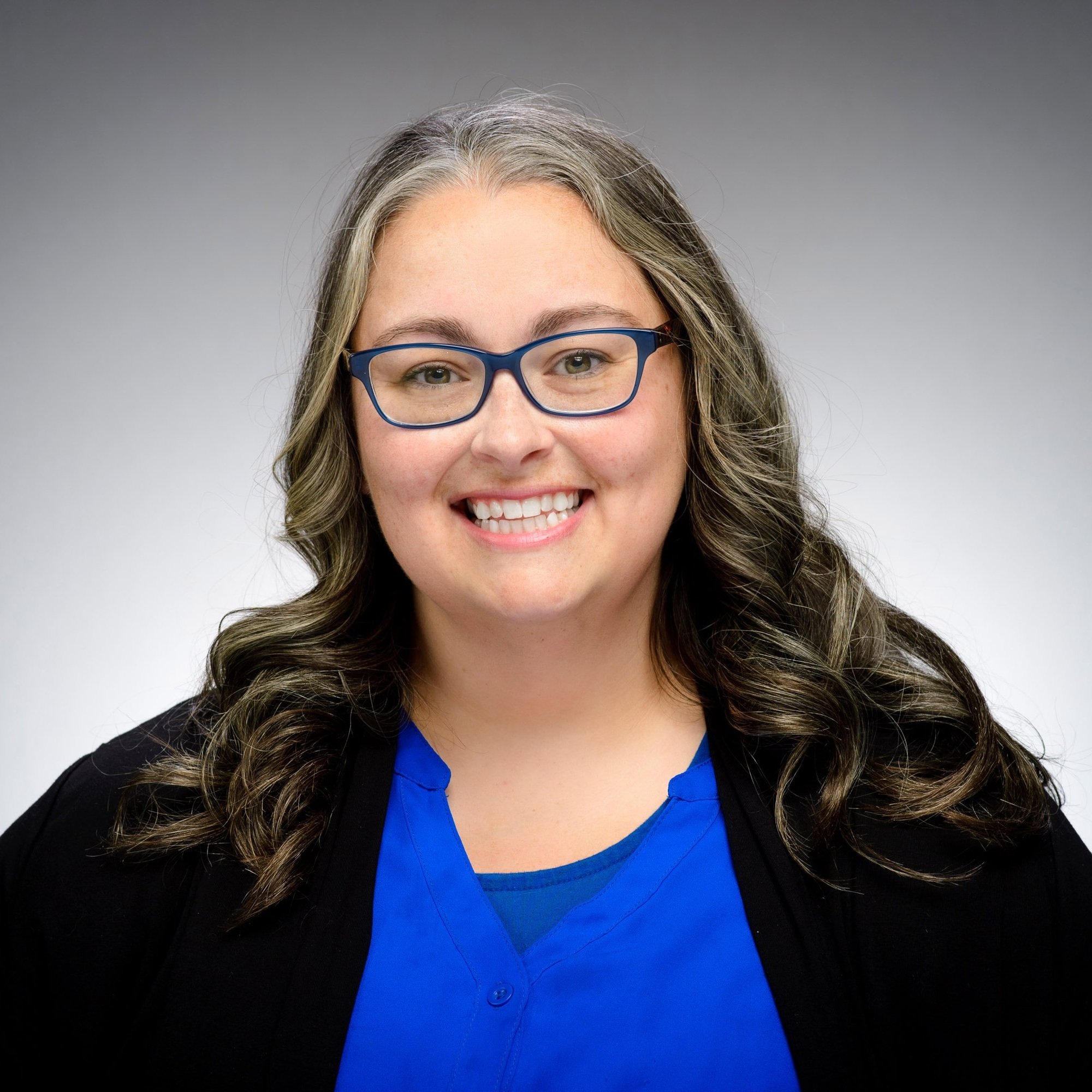Conference concurrent Sessions
Wednesday (10:30 to 11:20 AM) | Wednesday (11:30 AM to 12:45 PM) | Wednesday - 2:30 to 3:20 PM | Wednesday (3:30 to 4:20 PM) | Thursday (1:30 to 2:45 PM)
Concurrent Session THREE
WEDNESDAY | 2:30 to 3:20 PM
50 Min sessions | the study hotel (1227 E. 60TH ST)
THE UNIVERSITY OF CHICAGO CAMPUS, HYDE PARK
Career Empowerment: Information Access, Social Capital, and Job Placement
Meeting Room: Drafting 3
Conference Track: Collaborations and Partnerships
Session Abstract:
"Go out and network!" "Figure out your passion!" "Find a mentor!" "Just go to the Career Center!" are common suggestions that many in FGLI students' (and graduates') orbit share with them in order to gain more insight into their career prospects, grow their professional contacts, and, ultimately, land meaningful careers.
While perhaps true, these recommendations do not provide guidance into the "how". In this workshop, we will share how our community has created career pathways for FGLI high school and college students, allowing many to grow their professional network and land jobs and internships. Participants will dive into the current trends in first-generation and low-income college student career development, research on developmentally appropriate resources, and research around career access at elite institutions. We will analyze best practices in career programming and explore opportunities to better engage students in their career path and vocation. The presenters will share myriad strategies and opportunities for bolstering their own career programs, with a special eye toward equity and inclusion. We'll also share a look into our free, scalable resource that can help programs grow their career resources.
Yasamin Mahallaty | CareerSpring
Senior Manager
Yasamin "Yasi" Mahallaty (she/her/hers) serves as Senior Manager at CareerSpring, a free career access platform for FGLI students. She has experience supporting FGLI high school and college students as they work toward earning a college degree, Cristo Rey New York High School and Georgetown University. She currently resides in San Diego, CA.
Faculty Connect: Scaling Up Faculty Engagement with First-Generation Students at New York University
Meeting Room: Drafting 1
Conference Track: Collaborations and Partnerships
Session Abstract:
How can we facilitate and maximize meaningful connections between faculty members and first-generation students? College faculty impact the success of undergraduate students by acting as classroom instructors, serving as mentors, offering research opportunities, and writing letters of recommendation. However, numerous surveys and research studies reveal that first-generation students have fewer interactions and less rewarding experiences with faculty members. Remediating this disparity was a central goal in establishing Proud to Be First, a support program for first-generation students in the College of Arts and Science at New York University. As one of our first initiatives, the College Dean sent an email to over 750 faculty members with an invitation to serve as a mentor for a first-generation student. The response was underwhelming—only two faculty members volunteered! We needed to recalibrate our approach to faculty engagement, so we created additional, low-stakes entry points for faculty members to connect with the mission of Proud to Be First. Three years later, we relaunched our faculty outreach effort as a new program entitled Faculty Connect—this time, 132 faculty members registered and the program has continued to grow. Our presentation will describe how we successfully scaled up faculty engagement with first-generation students at NYU.
Trace Jordan | New York University
Clinical Professor and Director of Foundations of Scientific Inquiry
Trace Jordan is a Clinical Professor and Director of Foundations of Scientific Inquiry in the College Core Curriculum at New York University. He is a three-time recipient of the Golden Dozen Teaching Award, plus the Arts and Science Teaching Innovation Award. Trace teaches a first-year seminar, “What Is College For”?, that empowers new students to develop a purposeful approach to their college experience. As a first-generation student, Trace is faculty leader for the Proud to be First program in the College of Arts and Science. He also serves as a Faculty Fellow-in-Residence and lives with students in a residence hall.
CANCELLED: Peer-to-Peer Learning as a Classroom Resource for FGLI Students
Conference Track: Student Success and Student Support
Nina Wieda | Northwestern University
Walking with Our Scholars: A Model of Adaptive Academic Accompaniment
Meeting Room: Studio 1
Conference Track: Student Success and Student Support
Session Abstract:
This conversation invites participants to consider the strategic weaving of academic and developmental themes in student meetings/conferences as a way of providing more intentional and interdisciplinary accompaniment in holistic education. In particular, we’ll focus on how our Education and Outreach Specialists at the University of Notre Dame’s Transformational Leaders Program integrate an Adaptive Academic Accompaniment model (AAA) as a way of proactively identifying, naming, and responding to the nuances of our scholars’ educational journeys, especially given how differences in forms of academic, social, and financial capital have presented for FGLI students in our scholars program.
Further, we’ll share how preliminary data indicate that consideration of the AAA model yields increased student awareness and autonomy in mentoring conversations, enhanced engagement in routine follow-ups, and a deepened efficacy in long-term, holistic student developmental trajectories. Lastly, we’ll share how this model is used to navigate and nuance the various dimensions of an undergraduate’s educational experience in a way that honors their priorities while realistically working within limiting externalities such as mutual availability, team bandwidth, and/or other related limitations. For this, we’ll invite participants to engage with the AAA model our team has built and consider how they might be able to best adapt and adhere this approach to their work contexts.
Itzxul Moreno | University of Notre Dame
Education and Outreach Specialist, Transformational Leaders Program
Itzxul Moreno currently serves as an Education and Outreach Specialist with the Transformational Leaders Program at the University of Notre Dame and as an advisor to UndocuAlly ND, a student education-based initiative. An Arizona native, Itzxul first moved to South Bend, IN to attend Saint Mary's College where she studied History, Political Science, and Secondary Education. She continued on to earn her M.Ed. through Notre Dame’s ACE program while also serving as a classroom teacher in Indianapolis. Since returning to Notre Dame in 2019, Itzxul has engaged in a variety of roles that focus on interdisciplinary support, learning, and formation for students ranging from elementary learning communities up to those in graduate and professional spaces. An Arizona native, Itzxul first moved to Indiana to attend Saint Mary's College in South Bend where she studied History, Political Science, and Secondary Education. She continued on to earn her M.Ed. through Notre Dame’s ACE program while also serving as a classroom teacher in Indianapolis. Since returning to Notre Dame in 2019, Itzxul has engaged in a variety of roles that focus on interdisciplinary support, learning, and formation for students ranging from elementary learning communities up to those in graduate and professional spaces.
Manny Fernandez | University of Notre Dame
Education and Outreach Specialist, Transformational Leaders Program
Manny Fernandez is an Education and Outreach Specialist for the Transformational Leadership Program (TLP). He grew up in Southern California and lived there before moving to South Bend in 2012. He graduated from California State University at Los Angeles with a degree in Urban Learning He taught at St. Vincent School near Downtown Los Angeles for 12 years before teaching math and science to English Language Learners at Goshen Middle School for 3 years. Following this, he became the Program Director of the Latino Enrollment Institute at the University of Notre Dame, a job he held for 7 years, before joining the TLP team. He currently resides in South Bend with his wife and three young children.
Adrienne Skinner | University of Notre Dame
Education and Outreach Specialist, Transformational Leaders Program
Adrienne serves as an Education and Outreach Specialist with the Transformational Leaders Program at Notre Dame as well as an instructor for the Moreau First Year Experience course. Prior to this role, she was a First-Year Advisor in the College of Engineering. She received her B.A. from Western Michigan University and her Masters from Walden University. Mrs. Skinner has worked in both admissions and advising roles in community college and for-profit settings. Her passion lies within assisting first-generation students succeed in college as she was one herself.
Amanda Springstead | University of Notre Dame
Education and Outreach Specialist, Transformational Leaders Program
Amanda Springstead was born and raised in South Bend, Indiana. She earned a B.A. in Theology and Philosophy with a minor in Irish Language and Literature from the University of Notre Dame (2011). She holds a Master's of Leadership Development from Saint Mary-of-the-Woods College (2014) with a focus on Non-Profit and Higher Education Leadership. Amanda returned to ND in 2014 and served as a Rector for eight years. While serving as a rector Amanda also had the opportunity to help with First Year Advising in the Mendoza College or Business, College of Arts and Letters, and College of Engineering over the course of two academic years.
Work in Progress: The Evolution of FGLI Programming at Wesleyan
Meeting Room: Drafting 2
Conference Track: Policy and Campus Culture
Session Abstract:
The First Things First (FTF) pre-orientation program for incoming FGLI students at Wesleyan University began in 2016 in response to student protest for more institutional support for and accountability towards the first generation and/or limited-income students that the administration brings to campus each year. Over the course of the past seven years, this program has evolved from a 2 and a half day long pre-orientation program that was limited to 30 participants to a three-part program series that engages all incoming FGLI students at Wesleyan from mid-summer before their first semester and maintains engagement through graduation. During this session, we will share with session participants how we collaborated with key campus partners, took advantage of watershed moments (and technology) during the pandemic, and leveraged institutional priorities to scale the program up to where it is today. We will then facilitate a discussion with session participants on questions they may have about our scaling process and challenges/opportunities they may have in pursuing the same goal.
Demetrius Colvin | Wesleyan University
Director, The Resource Center
Demetrius Colvin is the director of The Resource Center, a multicultural center that serves women, students of color, LGBTQ+ students, and FGLI students, at Wesleyan University. Their role is to maintain a centralized location on campus that recognizes and celebrates diverse and underrepresented identities and create meaningful avenues for both privileged and marginalized individuals and groups to learn together about privilege and intersectionality and actively contribute to equity on campus.
Kiara Ruesta Cayetano | Wesleyan University
Assistant Director, The Resource Center
Kiara Ruesta Cayetano the assistant director of The Resource Center at Wesleyan University. Their role is to support community programming for First Generation & Low-Income students, LGBTQIA students, Students of Color, and Women.
April Ruiz | Wesleyan University
Dean for Academic Equity, Inclusion, & Success and Interim Vice President for Equity & Inclusion
April Ruiz is Dean for Academic Equity, Inclusion, & Success and Interim Vice President for Equity & Inclusion at Wesleyan University. Prior to this, she held other dean roles at Williams College and Yale University, all of which allowed her to serve and center FGLI students. As someone who attended a highly-selective university as a first-generation and low-income student herself, she finds meaning in work that allows her to help FGLI students navigate these institutions as they are, while also effecting change at these institutions to make them more inclusive from within. She holds a PhD in Psychology from the University of St Andrews and a BA in Cognitive Science from Yale University. April has been a member of the FGLI Consortium since its founding, and on the Executive Committee since 2019.









